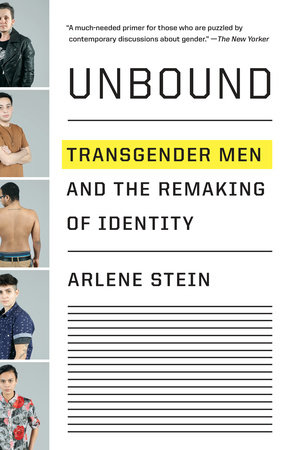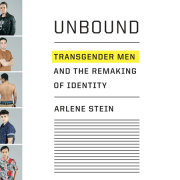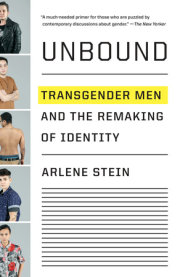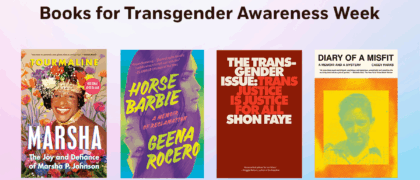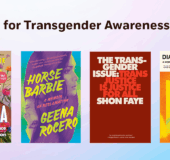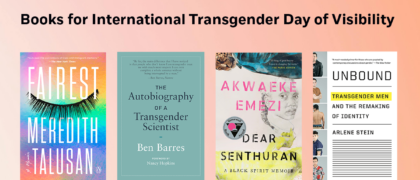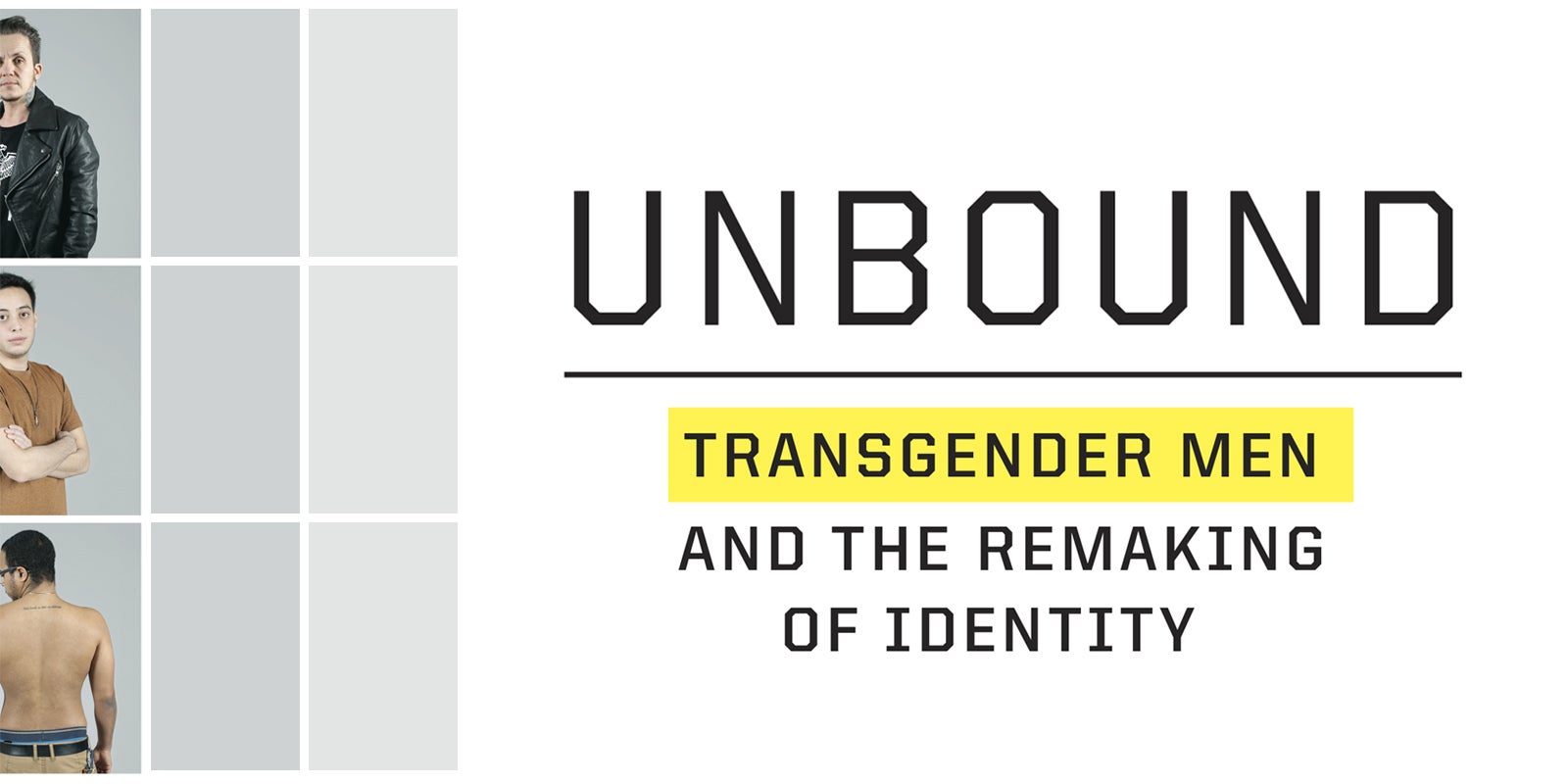In current parlance, I am “cisgender,” which means I do not identify as transgender. (The prefix “trans” is Latin for “on the other side,” and “cis” in Latin means “on the same side.”) That is, I experience my assigned sex and gender as congruent, at least to the degree that it has not become a major challenge in my life. When I was a kid growing up, I remember thinking that it would be cool to be a boy. Since I am now middle-aged, I can remember a time when girls were compelled to wear dresses to school, abortion was illegal, and team sports were something that boys, and not girls, could participate in. Boys got to play with electric trains, which I lusted after but my parents refused to give me—they were “boys’ toys.” Men didn’t have to go through the pain of childbirth, and they fronted the best rock-and-roll bands. Why wouldn’t one dream of being a man?
For me, identifying as a feminist and a lesbian enables me to express my femaleness in ways that seem true enough. But over the years I learned that there are others who feel that they were assigned a gender at birth that seems inauthentic and wrong—so much so that many seek out body modifications to bring their bodies into alignment with their selves. A number of years ago, I noticed a young man working in my campus bookstore who seemed vaguely familiar to me. I stared at him for several moments out of the corner of my eye, racking my brain to figure out how I knew him, while trying my best not to attract his attention. Suddenly, I realized that he had once been a student of mine, and that I knew him as female, but now he had peach fuzz on his face, a deep voice, and was all but indistinguishable from the other young men who worked alongside him selling camera equipment. But I was so ill-equipped to figure out how to respond that I pretended not to recognize him, and he did the same.
And then in February 2013, Kate, an artist friend of mine, accompanied a close friend of hers who was undergoing top surgery—chest masculinization—in Florida. “You would not believe the numbers of people there,” she told me, describing the long line of individuals, mainly in their twenties, who were waiting in the surgeon’s office. South Florida was once known for a Spring Break scene that drew legions of college students eager for hot fun in the sun—a scene immortalized by the 1960 comedy
Where the Boys Are. Today it is also where the “bois”—young, female-assigned people, who identify as masculine, some of whom undergo gender transitions—go to masculinize their chests.
The scene at the doctor’s office surprised Kate. “There were people from everywhere you could imagine, and many of them were very young,” she told me in her soft Texas drawl. “Some even brought their parents!” In a nearby gated community, a guesthouse had been established to accommodate the steady flow of patients who needed a place to stay while they recovered from surgery. My curiosity was piqued when, a few months later, I happened to hear about another friend whose nephew also underwent “top surgery” in South Florida, and then I saw a mention of the same doctor in a magazine. Why were so many people flocking to Florida to modify their chests? What were they seeking? What did they find? More broadly, what does it mean that more and more female-assigned individuals are choosing to masculinize their bodies today? What might it tell us about how our notions of gender are changing more generally?
Sociologists, or at least my breed of sociologist, try to get as close to a subject as they possibly can, immersing themselves in it. That’s how I met Ben. I came across the crowdfunding website he had set up and I e-mailed him. He quickly agreed to let me tag along during his surgery week. So I booked my room and plane ticket and traveled down to Florida from my home in New Jersey to meet him—and, as it turned out, his parents too.
At Dr. Garramone’s office, I also met the four others who were scheduled for surgery the same day as Ben. Three of them were good enough to agree to speak with me: Lucas DeMonte, a twenty-three-year-old health outreach worker from Gainesville, Florida; Parker Price, a twenty-four-year-old software sales manager from Austin, Texas; and Nadia Khoury, a twenty-eight-year-old employment counselor from St. Louis, Missouri. Lucas, Parker, and Nadia, along with Ben, are the subjects of this book. They have allowed me to interview them and their friends and family, and over the next year, they permitted me to follow them at regular intervals, spoke with me over the phone and Skype, and even welcomed me into their homes on occasion. As I got to know them over the course of the next year, I came to better understand the lives and choices of a younger generation of gender dissidents. You can learn a lot about people by listening to their stories.
Copyright © 2018 by Arlene Stein. All rights reserved. No part of this excerpt may be reproduced or reprinted without permission in writing from the publisher.

